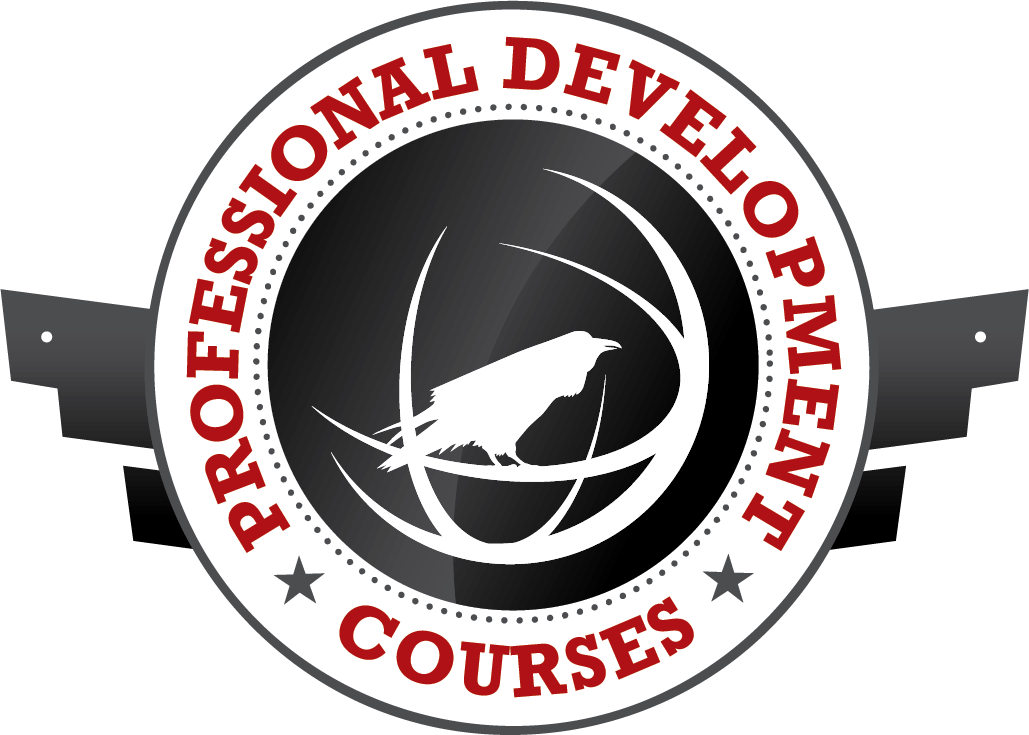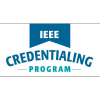Course Details
How Pulse-Doppler Radar Really Works: How to Beat It and How to Defend It | Live Course
Course Dates: December 9-10, 2024 | 9 AM – 4:30 PM
Course Location: Gaylord National Resort & Convention Center
Course Length: 14 hours total - delivered across two in-person sessions of 7 hours each
Description: This course is designed for students and professionals in the fields of electrical engineering, defense technology, and electronic warfare who seek to deepen their understanding of pulse Doppler radar systems, their countermeasures, and countermeasure mitigation techniques. Each student will receive a copy of “Fundamentals of Radar Signal Processing” by Mark Richards.
Who Should Attend: Professionals in the fields of electrical engineering, defense technology, and electronic warfare who seek to deepen their understanding of pulse Doppler radar systems, their countermeasures, and countermeasure mitigation techniques.

Continuing Education
AOC Continuing Education Units (CEUs): 14
IEE Credit Hours: 1.4 CEU/14 PDH
Please reach out to [email protected] if you have questions.

AOC is an approved provider of IEEE CEU/PDH certificates.
Course Agenda
Day 1: Morning
Introduction to Pulse Doppler Radar / Slow Time and Fast Time Concepts / Range Doppler Maps
- Overview of radar systems
- Basic principles of pulse Doppler radar
- The Doppler effect and its application in radar
- Definition and significance of slow time and fast time
- Sampling rates and their impact on radar performance
- Practical examples and exercises
- Construction and interpretation of range Doppler maps
- Applications in target detection and tracking
- Case studies and hands-on exercises
Day 1: Afternoon
ESM Detection of Pulse Doppler Radar / Generation of False Targets by Jammers
- Introduction to Electronic Support Measures (ESM)
- Techniques for detecting and analyzing pulse Doppler radar signals
- Practical applications and real-world examples
- Methods for detecting pulse Doppler radar systems
- Signal processing techniques and algorithms
- Laboratory exercises and simulations
- Overview of jamming techniques
- Methods for generating false targets
- Impact of false targets on radar performance
- Practical demonstrations and exercises
Day 2: Morning
Defending against False Targets / Other Jamming Mitigation Methods
- Strategies for countering false targets
- Advanced signal processing techniques
- Case studies of successful countermeasures
- Best practices for ensuring radar reliability and accuracy
- Integration of counter-countermeasures
- Future trends and developments in radar technology
Day 2: Afternoon
Practical Applications and Case Studies
- Real-world scenarios and applications
- Analysis of historical case studies
- Group projects and presentations
Course Review and Final Assessment
- Review of key concepts and techniques
- Final project presentations
- Comprehensive assessment and feedback
Required Materials
- Please bring your laptop with either MATLAB (pay) or Octave(free) installed
- Basic knowledge of radar systems and signal processing
- Familiarity with electronic warfare concepts is beneficial but not required
Recommended Reading
- "Principles of Modern Radar" by Mark A. Richards, James A. Scheer, and William A. Holm
- "Radar Handbook" by Merrill I. Skolnik
- EW10X Series of Books by Dave Adamy
- “Electronic Warfare In The Information Age” by D. Curtis Schleher
- “Fundamentals of Electronic Warfare” by Robert H. Dunwell, Lev N. Shustov, Sergei A. Vakin
- “Introduction to Modern EW Systems” by Andrea De Martino
- Relevant research papers and articles provided during the course
Registration
Course Pricing
Registration will open soon.
AOC Members - $1,800
Non-Members - $1,900
No food will be provided. Please plan lunch on your own.
*The cost of registration includes the book “Fundamentals of Radar Signal Processing” by Mark Richards.
PLEASE NOTE: Registration will close on 12/2, however, on-site registration will be available.
Not a member? Join now and save! AOC Members receive discounts on all courses, free access to all webinars and much more.
Instructor
Chuck Quintero is a senior RF staff member in the RF Strike Seekers Group at the Johns Hopkins University-Applied Physics Laboratory. With a 40-year career in RF systems for remote sensing, electronic warfare, and communications, he has also worked at SRI International, Leidos, Northrop Grumman, L3-Harris, and Lockheed Martin. He holds an MSEE from the University of Pennsylvania and an SB from MIT, and is pursuing a DEng from Johns Hopkins. An avid astronomer and STEM lecturer for NASA JPL, Chuck is also a member of the AOC Education Committee and has been active in revitalizing the Chesapeake Bay Roost Chapter.

